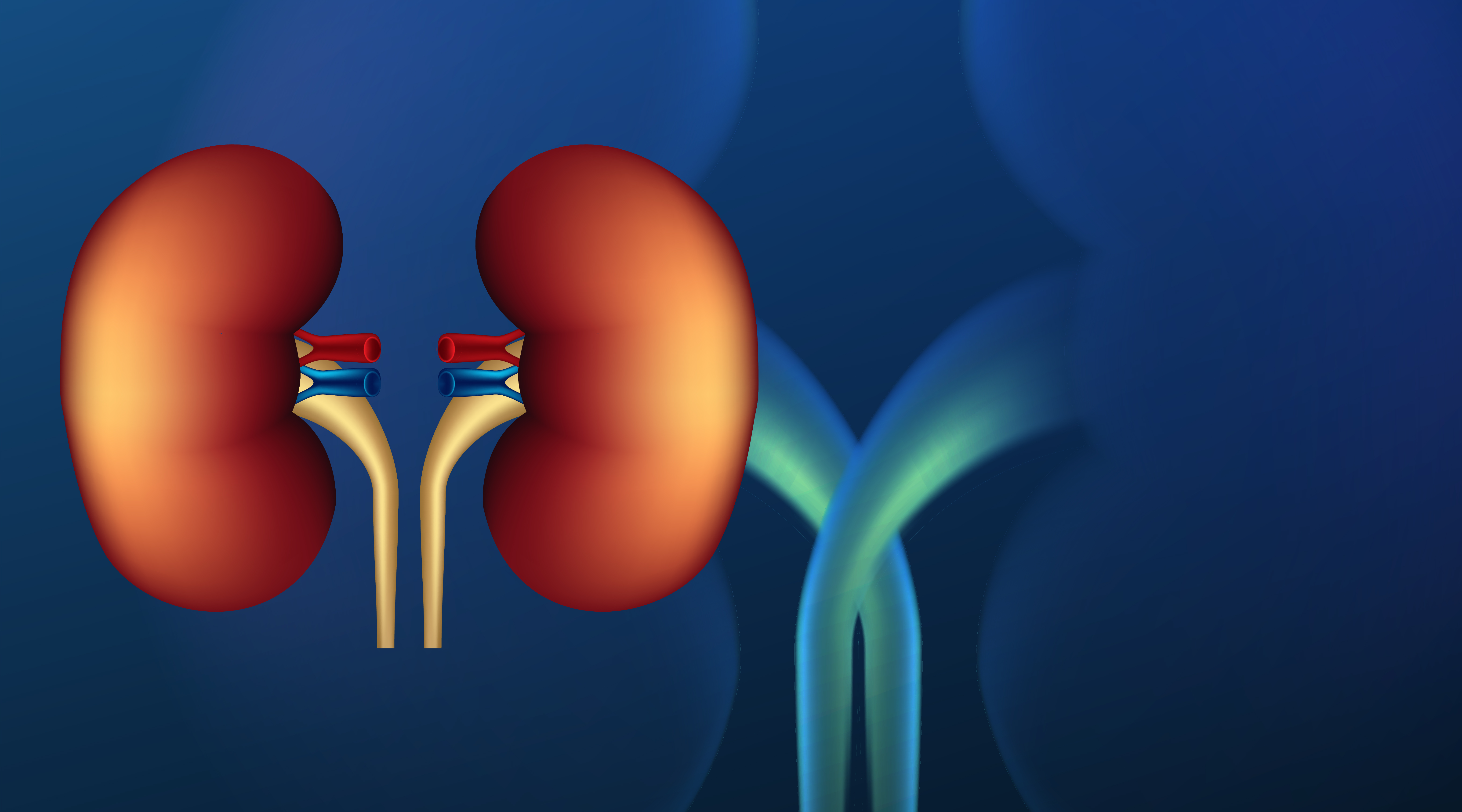A kidney transplant can be a life-changing gift for people with kidney failure or severe kidney disease. This process offers a chance for a healthier life. Understanding the stages of this journey eases patient anxiety and helps align expectations. From initial discussions with your doctor to receiving the new organ, this structured pathway prepares you step by step. Having a clear overview of the kidney transplant process helps you feel more in control. This blog will explore these stages in a simple, easy-to-understand way.
What Is a Kidney Transplant?
A kidney transplant is a procedure where a diseased kidney is replaced with a healthy one from a donor. This surgery is vital when kidneys can no longer do their job of filtering waste from the blood. Donor kidneys come from either living or deceased individuals. Living donors can be family members or friends, while deceased donors are individuals who have agreed to donate their organs after passing. This procedure is often the best option for those facing serious kidney problems.
Deciding if a Kidney Transplant Is Right for You
Deciding to have a kidney transplant involves several steps. First, discuss with healthcare providers whether this is a suitable path for you. Consider your current health condition and potential for surgery success. Conditions like chronic kidney disease often lead to this decision. Initial doctor consultations involve evaluating your overall health and discussing risks and benefits. It’s crucial to understand all aspects of this choice, including the benefits of kidney transplant, such as better quality of life and freedom from dialysis. Engage with your medical team to weigh all options before proceeding.
Referral and Evaluation at a Transplant Unit
Once you’ve decided to pursue a kidney transplant, your doctor will refer you to a transplant unit. This begins the evaluation process. You’ll undergo several tests and assessments to determine if you meet kidney transplant eligibility. This includes blood tests, x-rays, and a thorough check of your overall health. An important part of this evaluation is checking blood type and tissue compatibility to ensure a good match between the donor and recipient. Understanding these matching requirements is essential to avoid rejection and complications. These evaluations ensure the best possible outcome from the transplant.
Preparing for a Kidney Transplant
Before undergoing a kidney transplant, you’ll need to complete certain tests to confirm you’re fit for surgery. These tests cover physical and emotional aspects. It’s also time to consider the pros and cons of your donor options: a living donor or waiting for a suitable deceased donor. A kidney transplant from a living donor can shorten the wait time and offers better chances of success. However, finding a living donor can be challenging. Discussing these choices with your doctor will guide you in preparing thoroughly for the procedure.
Waiting for a Kidney Transplant
Being on the waitlist for a kidney transplant often means continuing existing treatments, such as dialysis. While waiting, staying in good health is crucial, as it increases transplant success chances. You’ll be notified once a suitable organ is available. The wait can be long, requiring patience and diligence in following medical advice. Having a kidney transplant means preparing for this waiting period by keeping up with dietary and lifestyle practices that maintain your health. Remember, every step brings you closer to improving your quality of life.
Undergoing the Kidney Transplant Surgery
The actual kidney transplant surgery involves placing a healthy kidney into your body. The surgeon makes an incision in your lower abdomen to securely place the kidney. You’ll be under general anesthesia, so you won’t feel anything during the procedure. Surgery usually takes three to four hours. After surgery, you’ll spend time in a recovery room until you wake up. Then, you’ll move to a hospital room for monitoring. Recovery involves managing pain and ensuring the body doesn’t reject the new organ. The kidney transplant process is intricate but well-supported by medical professionals every step of the way.
Recovery Post-Kidney Transplant Surgery
Kidney transplant recovery focuses on immediate post-surgery care, including staying in the hospital for a few days. Doctors will manage pain with medication and monitor incision care to prevent infection. It’s important to give the new kidney time to start working properly. Sometimes, you might need temporary dialysis until the kidney functions fully. Post kidney transplant care involves understanding and recognizing body signals. Routine check-ups ensure the kidney’s health and functionality. Proper adherence to medication is essential for a smooth recovery.
Life After Kidney Transplant – Long-Term Health
After a kidney transplant, maintaining long-term health is crucial. Taking immunosuppressants daily helps prevent your body from rejecting the new kidney transplant. These medications may have side effects, so regular medical follow-ups are important. Embrace lifestyle changes, including a healthy kidney transplant diet, to support your new kidney. Simple dietary adjustments can significantly enhance your health. Engage in regular exercise and avoid hazardous habits like smoking. Recognize complications early by staying informed about symptoms that require immediate attention.
Conclusion
Embarking on a kidney transplant journey can transform your life, offering improved health and vitality. This blog has walked you step by step through this meaningful process, highlighting key stages from initial decisions to long-term care. With open communication and thorough preparation, you can navigate this journey confidently. Remember, it’s a step towards a better, healthier life. Always engage with healthcare providers to ensure the best outcomes for your health and well-being.
Call to Action
Are you considering a kidney transplant? Contact healthcare experts and access supportive resources specializing in guiding patients through the kidney transplant process for the best care and advice.
